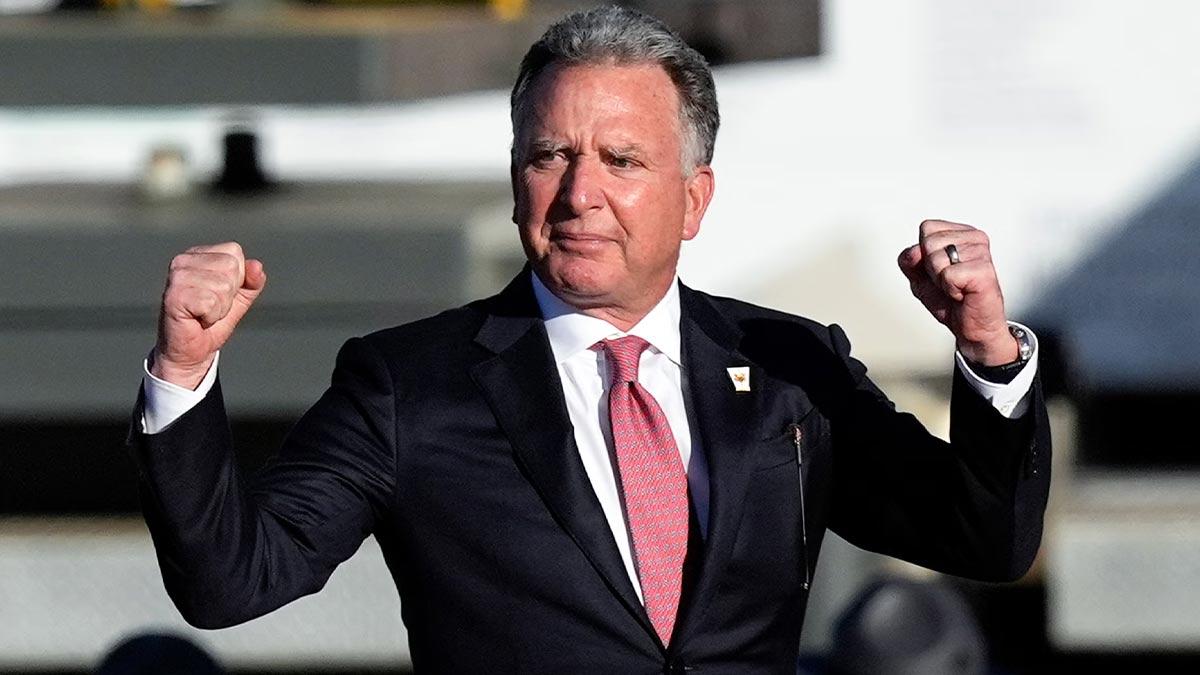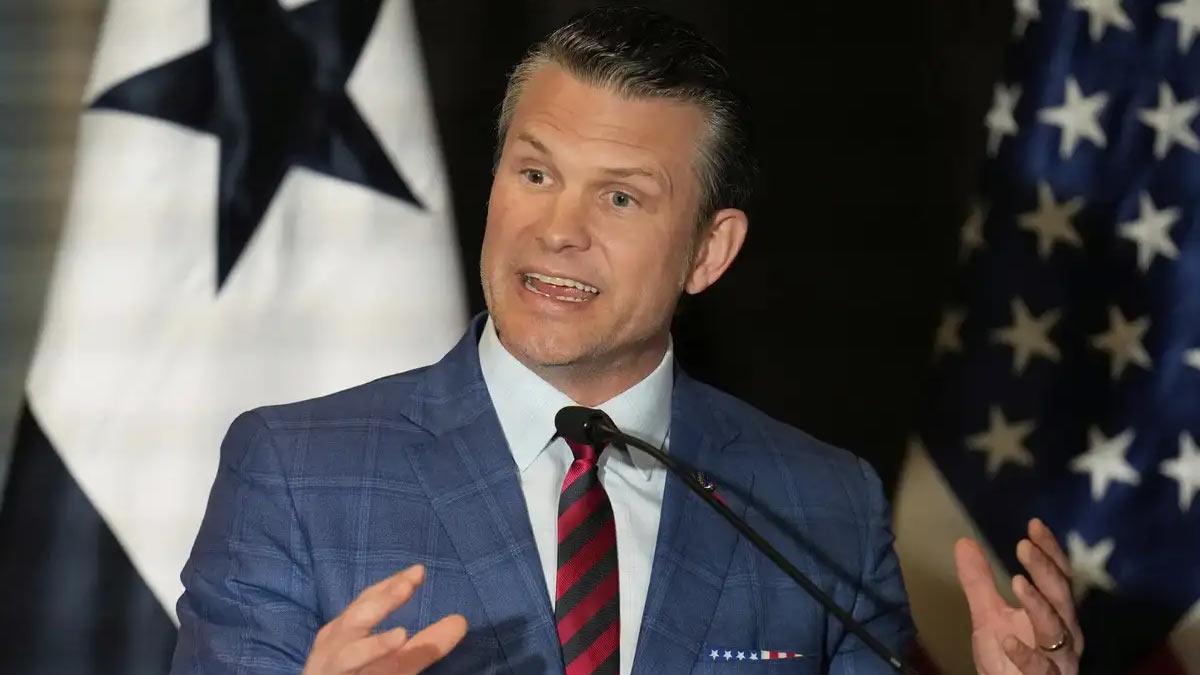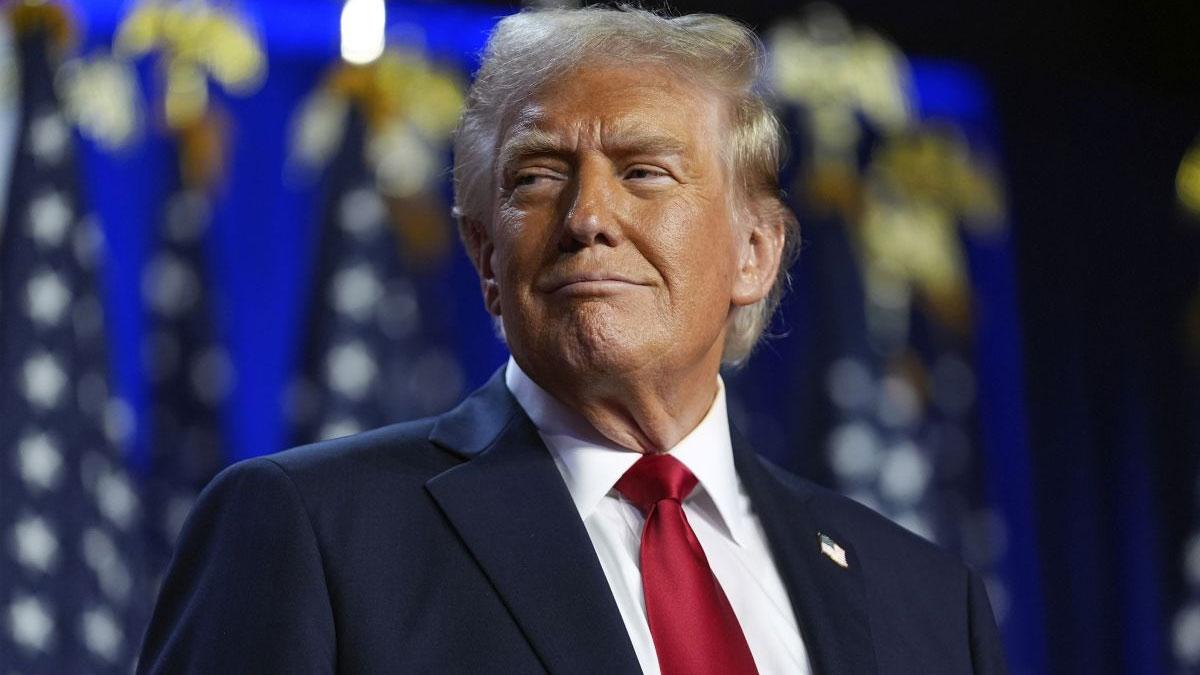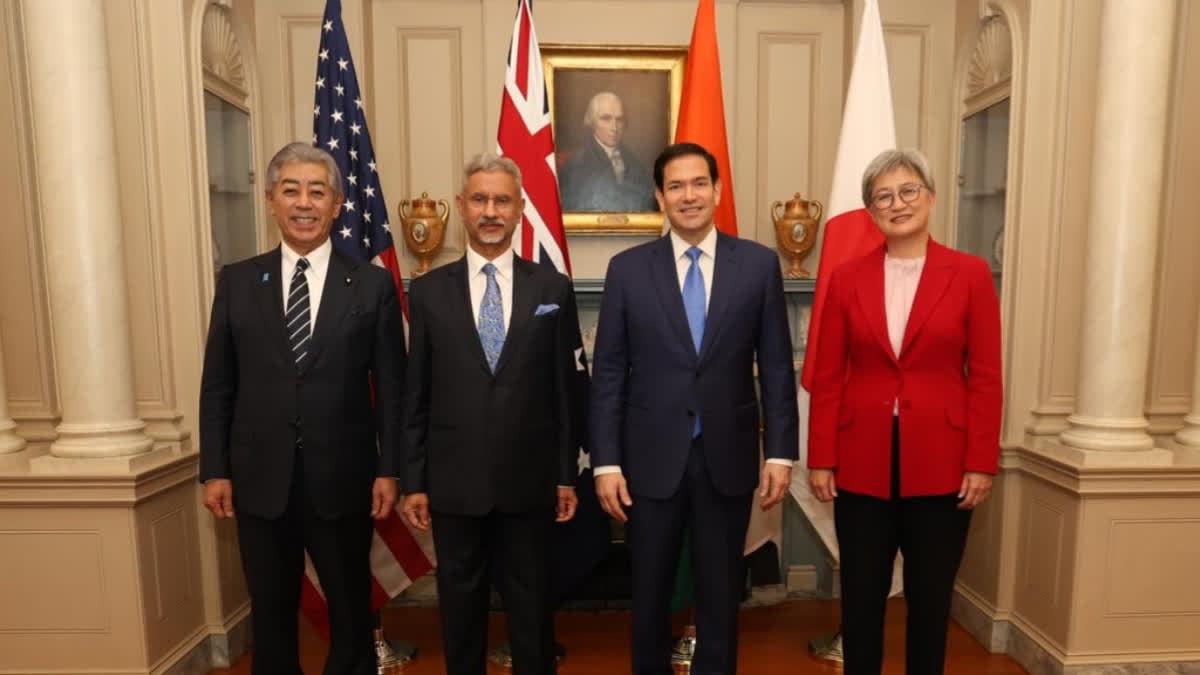U.S. special envoy Steve Witkoff has been hopeful before key talks in Saudi Arabia about the war in Ukraine. He expressed his optimism that Russian President Vladimir Putin is willing to put an end to the conflict, which is now in its third year.
"I believe he wants peace," Witkoff said to Fox News on Sunday.
Witkoff, who met with Putin twice in the last few weeks while President Trump has been trying to end the war, is hopeful that the Saudi Arabia talks set to take place between U.S., Russian, and Ukrainian officials will yield something positive. Specifically, he emphasized the potential for a limited ceasefire in the Black Sea, as CNN reported.
In spite of increasing fears in Europe that President Trump is trusting too much in Putin as a negotiator, Witkoff held firm to his view that the Russian president really wants a peace treaty to end the war.
"I just don't see that he wants to take all of Europe," Witkoff said. "This is a much different situation than there was in World War II."
"I accept him at his word in this regard," he said.
Asked whether it was possible to trust a leader who has invaded neighboring nations and whose political adversaries tend to come to violent or mysterious ends, Witkoff said Western skepticism about Putin is not nuanced.
A U.S. delegation subsequently sat down with Ukrainian officials in Saudi Arabia on Sunday to negotiate the possibility of a partial ceasefire between Russia and Ukraine. U.S. and Russian officials are due to meet on Monday, again in Saudi Arabia.
“I think that you’re going to see in Saudi Arabia on Monday some real progress, particularly as it affects a Black Sea ceasefire on ships between both countries. And from that, you’ll naturally gravitate into a full-on shooting ceasefire,” Witkoff said.
Last week, Putin assented to a short-term pause in the attack on Ukrainian energy infrastructure, but he spurned the request for a complete 30-day ceasefire that President Trump hoped would lead to a lasting peace treaty. Ukraine welcomed the 30-day ceasefire proposal.
On the Western critique of Putin, Witkoff contended that there are always two sides of every story and played down apprehensions from NATO allies in Washington that a peace treaty could spur Moscow to attack other neighboring states.
"I just don't see that he wants to take all of Europe. This is a much different situation than it was in World War Two," Witkoff said.
As the Trump administration slashes many programs of the U.S. government and foreign assistance, lawmakers observed the closure of a government-sponsored initiative by Yale University's Humanitarian Research Lab. The initiative had monitored the mass deportation of Ukrainian children, a project now shut down.
Mike Waltz, the White House’s national security advisor, stated that the U.S. is discussing confidence-building measures during the Russia-Ukraine negotiations, which include addressing the future of Ukrainian children taken into Russia during the conflict.
“We’re talking through a number of confidence-building measures. That’s one of them,” Waltz told CBS News.
Ukraine has referred the kidnapping of tens of thousands of its children—sent to Russia or Russian-held territory without parental permission—as a war crime, saying it is within the UN definition of genocide. Russia itself has contended it has been evacuating children on a voluntary basis to safeguard them from the war.
Waltz also set out the aims for the overall negotiations. Once an agreement is reached on a Black Sea ceasefire, there will be talk on "the line of control," meaning the present front lines.
"And that gets into the details of verification mechanisms, peacekeeping, freezing the lines where they are," Waltz said. "And then, of course, the broader and permanent peace."
Read also| Bangladesh's Information Adviser Calls for Poll Preparation by December
Read also| PM Modi's Sri Lanka Visit Scheduled for April 5


















